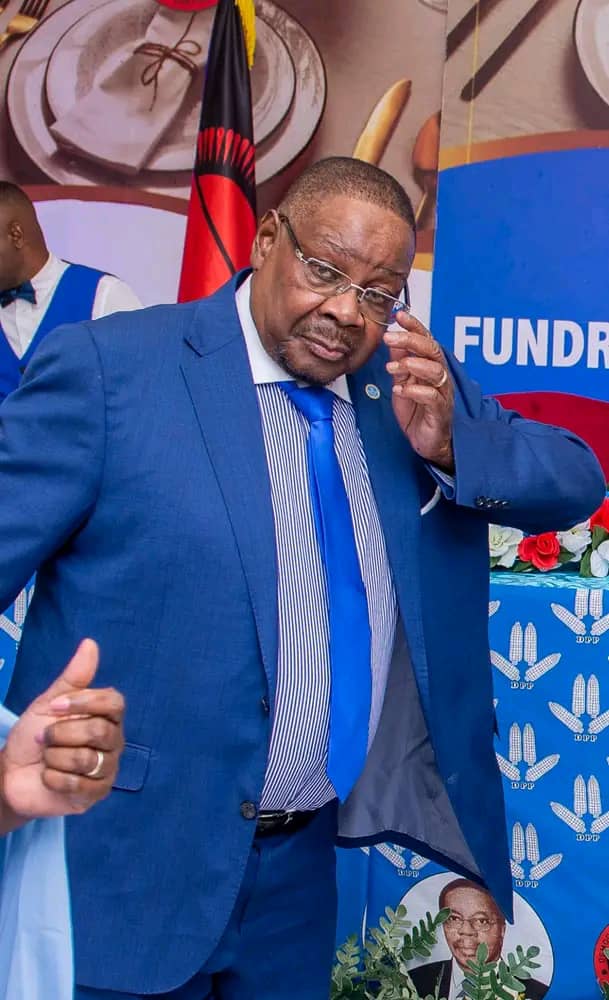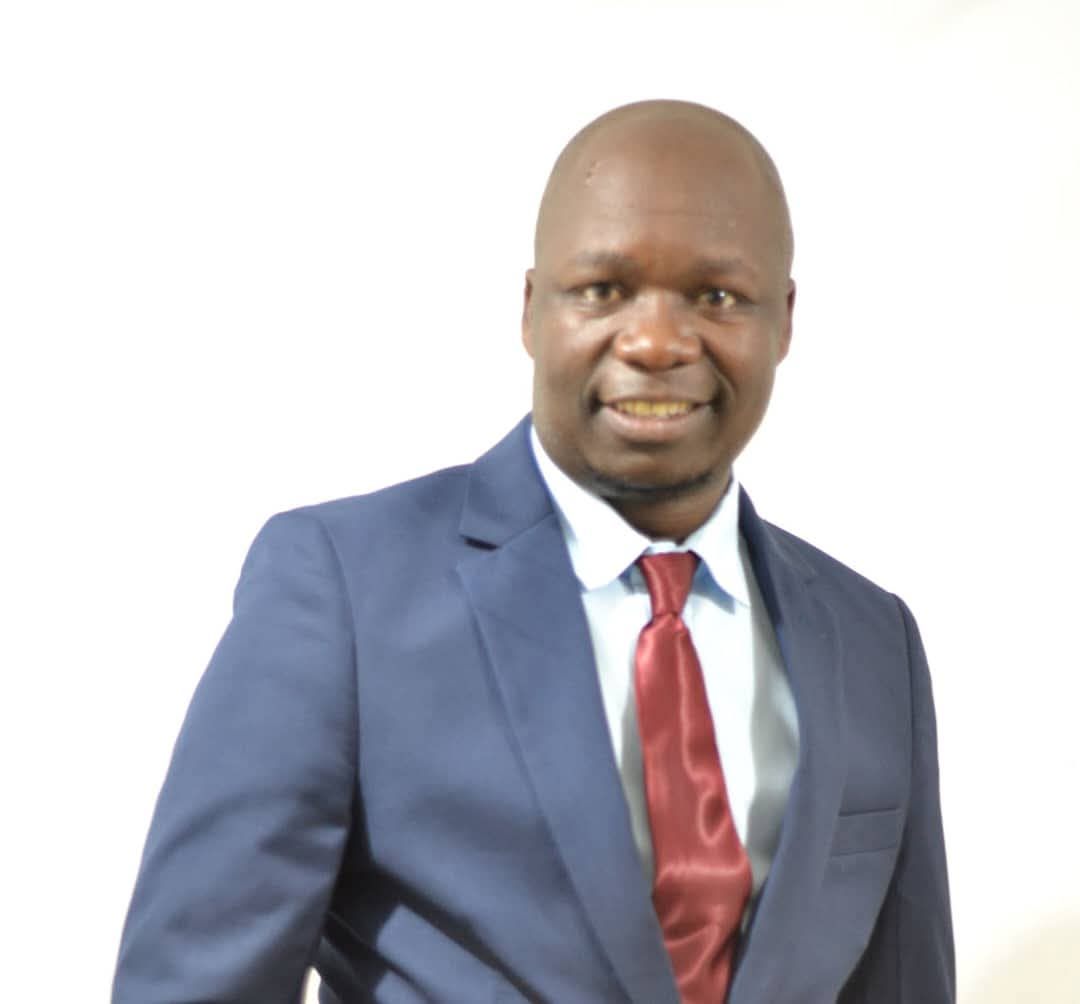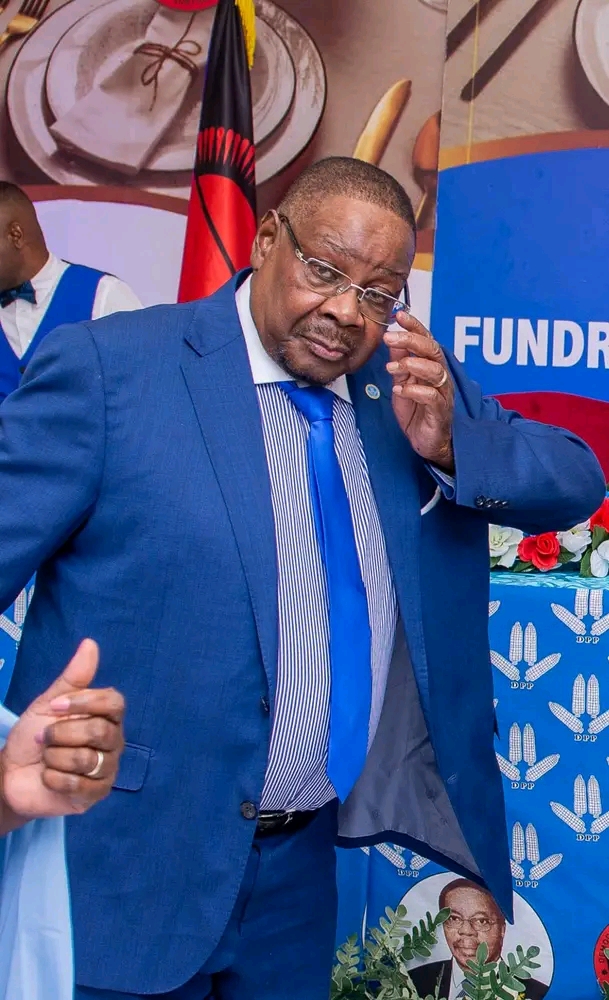By Burnett Munthali
A recent Afrobarometer survey has revealed striking insights into the political landscape of Malawi, showing that if elections had been held in August this year, the opposition Democratic Progressive Party (DPP) would have reclaimed power, defeating the current Tonse Alliance administration, led by President Lazarus Chakwera’s Malawi Congress Party (MCP).
The survey findings indicate that 43 percent of Malawians would have voted for the DPP, while MCP, the ruling party, would have received 29 percent of the vote. This clear lead for the DPP underscores the growing dissatisfaction with the current administration, as the Tonse Alliance struggles to maintain voter support.
In contrast, the United Transformation Movement (UTM), led by Vice President Saulos Chilima, garnered only 7 percent of the vote, while the United Democratic Front (UDF) managed a meager 2 percent. The remaining political parties received a combined total of just 1 percent of the vote.
Further analysis of the survey results shows a concerning trend for the Chakwera administration, with only one third of Malawians expressing satisfaction with the President’s performance. This suggests a significant decline in public support, particularly in key areas such as governance and economic management, which could have influenced voters’ preferences if elections had been held.
The research, conducted in August this year with a sample size of 1,200 respondents, highlights a shift in the political mood across the country. As Malawi approaches the 2025 general elections, these findings are expected to have a substantial impact on the strategies of political parties as they seek to win back the trust of voters.
The DPP’s strong lead in the survey suggests that the opposition party has capitalized on growing discontent with the current administration. The findings point to a need for President Chakwera and the Tonse Alliance to address the concerns of the electorate, particularly in areas such as the economy, fuel shortages, and governance.
The survey results also underscore the volatile nature of Malawian politics, where voter sentiment can shift rapidly, and where no party can afford to take their position for granted. While the DPP leads in this survey, the political landscape is fluid, and as the 2025 elections approach, both the ruling MCP and the opposition parties will need to intensify their efforts to secure the support of the electorate.
As the country moves toward the next general elections, the Afrobarometer survey serves as a timely reminder of the political challenges facing the Tonse Alliance government, as well as the opportunity for the DPP to mount a comeback. With public sentiment clearly in flux, the race for power in 2025 is expected to be a fiercely contested one.




